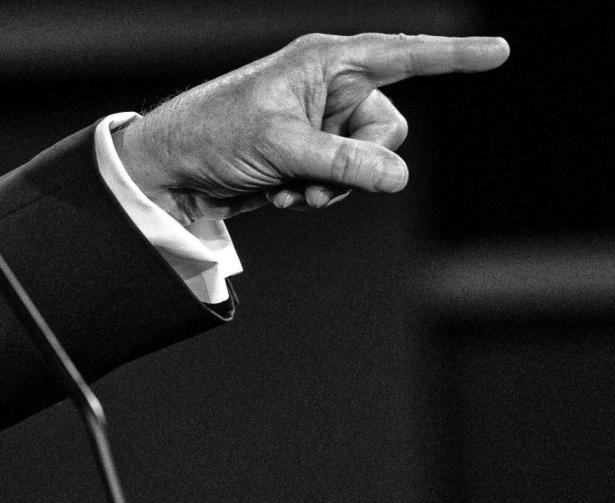How Much Can Trump 2.0 Get Away With?



Doug Mills/The New York Times,
I am your warrior, I am your justice, Donald Trump told the crowd. And for those who have been wronged and betrayed, I am your retribution. The first Trump term was deeply alarming, a second Trump one will be far more alarming, with many fewer errors
I am your warrior, I am your justice,” Donald Trump told the crowd at the Conservative Political Action Conference in National Harbor, Md., on March 4. “And for those who have been wronged and betrayed, I am your retribution.”
How much power would Trump have in a second term to enact his agenda of revenge?
I asked Laurence H. Tribe, a professor of constitutional law at Harvard, how free Trump would be to pursue his draconian plan.
Tribe replied by email:
Congress and the courts have granted the president powers that in Trump’s hands could fundamentally weaken rights and freedoms most Americans believe are secure and guaranteed under law.
Tribe continued:
Jack Balkin, a professor at Yale Law School, argued that the same lack of restraint applies if a president wants to initiate criminal investigations of his or her opponents and critics. In an email replying to my queries, Balkin wrote:
Balkin noted that after Watergate, “the Justice Department adopted internal guidelines to prevent presidents from abusing the prosecution power, but the president, as head of the executive branch, can direct his subordinates to alter these guidelines.”
Former President Trump, Balkin wrote,
Elizabeth Goitein, senior director of the Liberty and National Security Program at N.Y.U.’s Brennan Center for Justice, is an expert on emergency powers delegated to the president. She replied by email to my questions concerning presidential powers:
One of the most worrisome statutory provisions, given Trump’s threats to deploy the military in large cities, Goitein continued, “is the Insurrection Act, which was intended to allow the president to deploy federal troops domestically to quell insurrections or civil unrest that overwhelms civilian authorities, or to enforce civil rights laws against obstruction.”
The law, she wrote,
Goitein identified three other laws that are particularly concerning:








